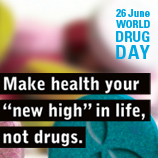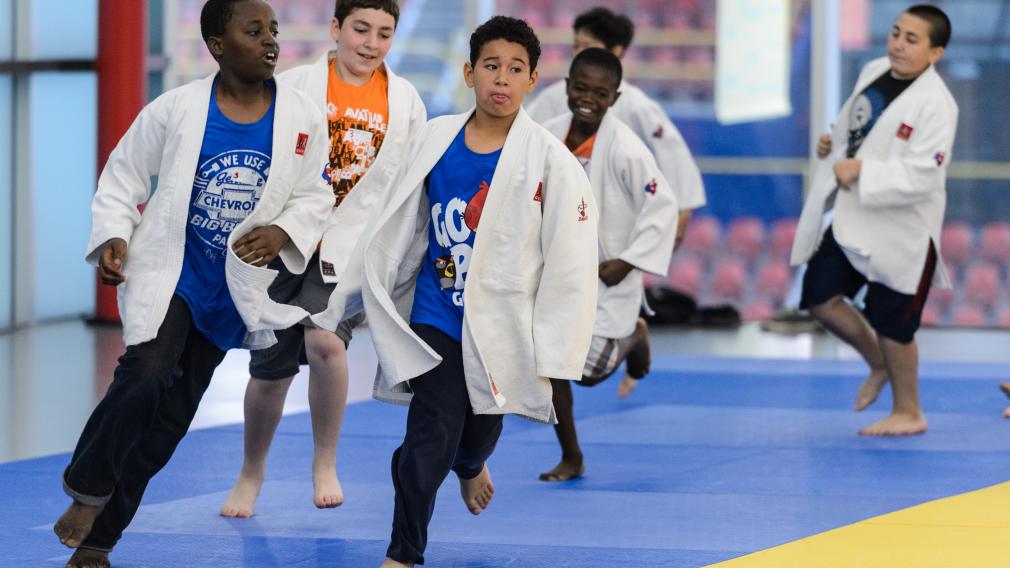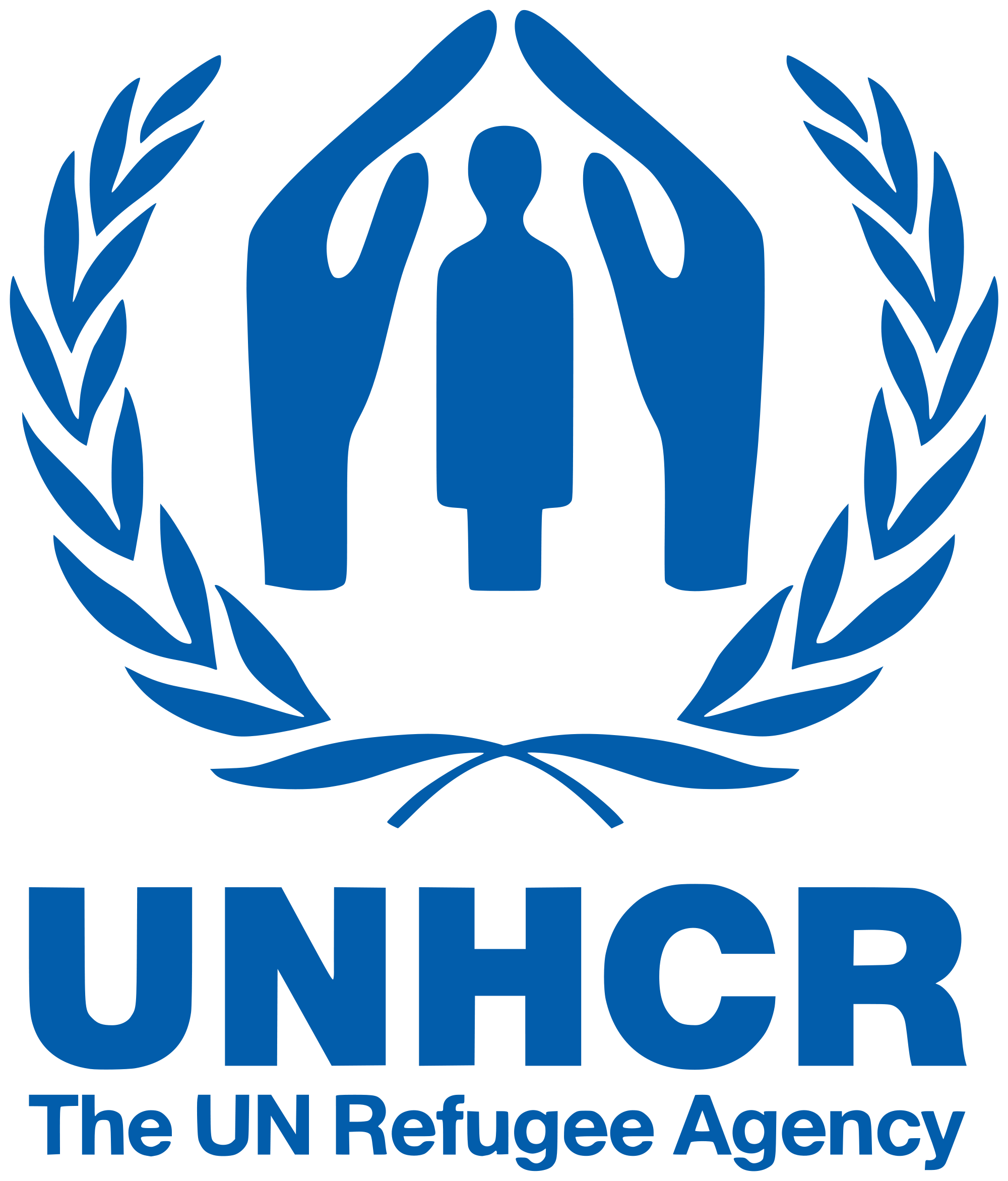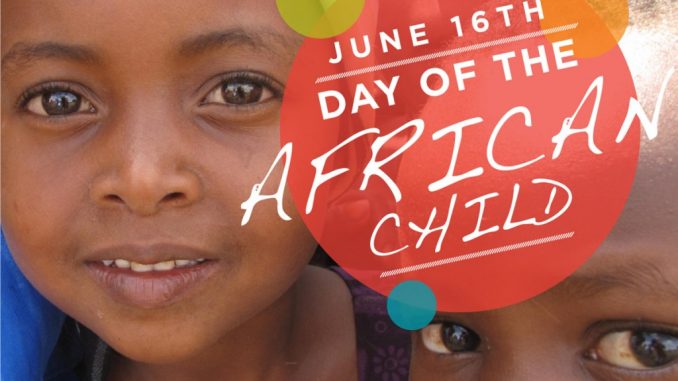 “FIRST THINGS FIRST”!
“FIRST THINGS FIRST”!
We hear these words from time to time.
They usually come from someone who has a lot to do already and to whom someone may ask to do something more…
The person may feel that too many tasks demand his attention, too many commitments claim her time and energy.
There is the obvious need to set priorities and, yes, to decide what should come first!
I would say that this Sunday (13th, Year A) is the day for doing exactly that: set priorities!
In fact, it is Jesus himself who asks us to do so and in no uncertain terms! (gospel: Mt.16:37-42).
His message is demanding, exacting, challenging!
We are to… stretch ourselves beyond the here and now.
We must extend our concern from the present to the ever-present = the everlasting!
We want life to be brimming with happiness and success and we are asked to… let go of it.
Let go of what we are trying to reach – at times, desperately so – to receive a life “in abundance” (Jn.10:10) promised to us.
It is a promise… Some may be tempted to say: ‘Only a promise…’
Yes, but from the one who never fails to make them come true!

 Torture seeks to annihilate the victim’s personality and denies the inherent dignity of the human being. Despite the absolute prohibition of torture under international law, torture persist in all regions of the world. Concerns about protecting national security and borders are increasingly used to allow torture and other forms of cruel, degrading and inhuman treatment. Its pervasive consequences often go beyond the isolated act on an individual; and can be transmitted through generations and lead to cycles of violence.
Torture seeks to annihilate the victim’s personality and denies the inherent dignity of the human being. Despite the absolute prohibition of torture under international law, torture persist in all regions of the world. Concerns about protecting national security and borders are increasingly used to allow torture and other forms of cruel, degrading and inhuman treatment. Its pervasive consequences often go beyond the isolated act on an individual; and can be transmitted through generations and lead to cycles of violence. The United Nations’ (UN) International Day Against Drug Abuse and Illicit Trafficking falls on June 26 each year to raise awareness of the major problem that illicit drugs represent to society. This day is supported by individuals, communities and various organizations all over the world.
The United Nations’ (UN) International Day Against Drug Abuse and Illicit Trafficking falls on June 26 each year to raise awareness of the major problem that illicit drugs represent to society. This day is supported by individuals, communities and various organizations all over the world. The history of the Olympic movement is rooted in the deep past (776BC). The first (modern) Olympic games were recorded in 1896. At the time they were so important event that warring States ceased their conflicts in order to commemorate this event.
The history of the Olympic movement is rooted in the deep past (776BC). The first (modern) Olympic games were recorded in 1896. At the time they were so important event that warring States ceased their conflicts in order to commemorate this event. « To speak or not to speak: that is the question”, some would say…
« To speak or not to speak: that is the question”, some would say…
 from the spinal cord and motor nuclei of brain to a particular muscle or muscles.
from the spinal cord and motor nuclei of brain to a particular muscle or muscles. The United Nations’ (UN) World Refugee Day is observed on June 20 each year. This event honors the courage, strength and determination of women, men and children who are forced to flee their homeland under threat of persecution, conflict and violence.
The United Nations’ (UN) World Refugee Day is observed on June 20 each year. This event honors the courage, strength and determination of women, men and children who are forced to flee their homeland under threat of persecution, conflict and violence. « Endemic sexual violence including rape, abduction, human trafficking, sexual slavery and forced marriage contributes to the disproportionate suffering of women and girls in conflict. » — UN Secretary-General, António Guterres
« Endemic sexual violence including rape, abduction, human trafficking, sexual slavery and forced marriage contributes to the disproportionate suffering of women and girls in conflict. » — UN Secretary-General, António Guterres
 The Day of the African Child has been celebrated on June 16 every year since 1991, when it was first initiated by the OAU
The Day of the African Child has been celebrated on June 16 every year since 1991, when it was first initiated by the OAU